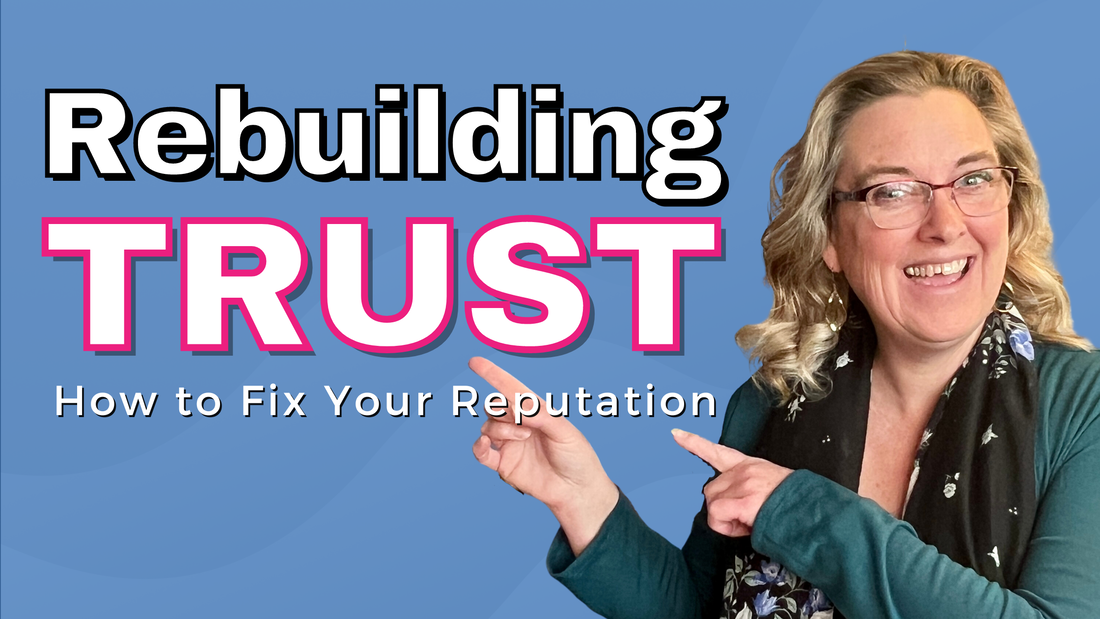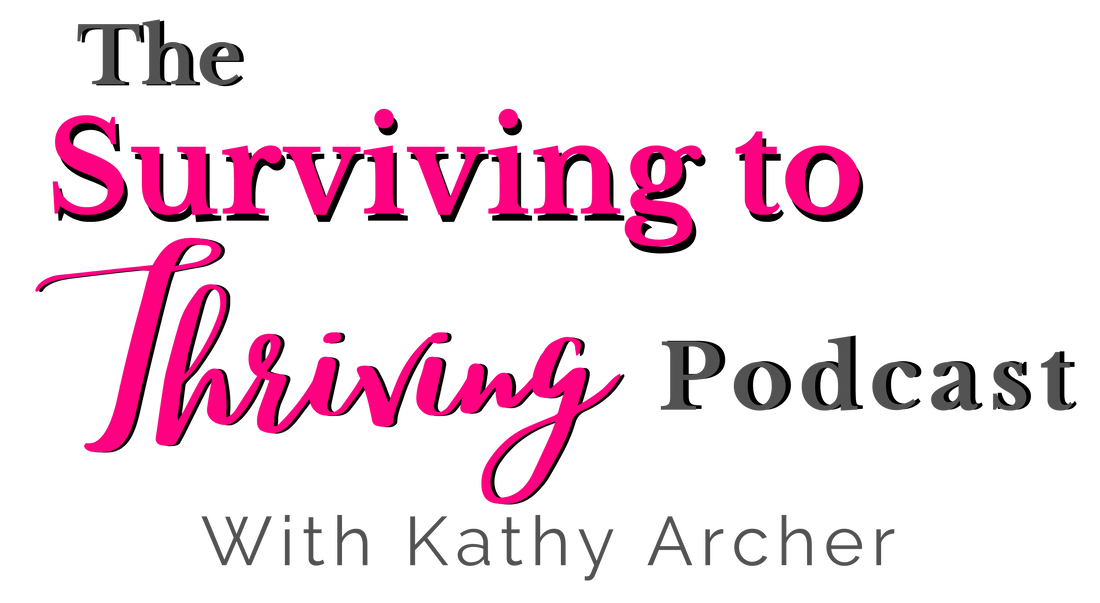|
How to repair your reputation Angela told me she and one of her supervisors are not getting along. "I don't feel like she respects, appreciates, or likes me or my leadership style. She questions my decisions and actions and undercuts my authority." What's more, Angela described how the tension falls over to the rest of the team, and everyone can feel its effects. Angela acknowledges that she's done an incredible amount of personal growth over the past few years. In the past, she wasn't always emotionally and physically available to her team. She was short with them, frazzled at times and made too many reactionary decisions. Now that she's changing, she needs also to change her relationship with her team and their perception of her. Angela said, "My reputation sucks. How do I clean that up?" As Angela was telling me her story, I totally understood her pain. I've been there. I damaged my reputation, and I repaired it. My team lost trust in me In 2008, things took a turn. While my team had been able to trust me, the arrival of a large new contract changed that. Previously, I'd managed everything on my plate and did it with a level of confidence. But increased responsibility, travel, staffing, scope and budget all left me scrambling to hold things together. Because of that:
That year's feedback on my performance appraisal indicated what the staff thought of me. They said that I lacked integrity. I was frustrated, hurt and discouraged by the feedback. Previous performance appraisals indicated I had strong trust with the team. How could things have plummeted so fast? Without trust, my team was falling apart! When my team lost trust in me and felt I was out of integrity, they didn't feel they had a strong leader. Therefore, as trust in our team eroded, I lost followers. The team cohesiveness was quickly eroding, and in its place was tension, bickering, and whispering that stopped when I walked into the room. The decline culminated in a grievance filed against me. I was left fearful of being fired and, at the same time, ready to quit. Embracing my essence: I took a good, long, hard look at where I was at In working with my coach, I realized I lacked integrity, not just because people said I did, but because, through careful self-reflection, I saw it with my own heart.
I wasn't walking my talk. I wasn't leading with integrity; it was time to change that. I noticed what parts of how I was leading needed to change.
Pondering my potential: I looked at who I wanted to become I knew I wanted to repair my reputation. I wanted to be not just the leader I was but an even better version of myself. By pondering our potential, we set new intentions for who we are becoming.
Engaging in continuous learning: I did the work to become who I wanted to be To rebuild my reputation, I needed to do the ongoing work of building my character. Character in leadership refers to the set of moral and ethical qualities, values, and principles that guide your behaviour and decision-making. Your character is about your integrity, how accountable you are for your actions and decisions, and how respectful you are. You will be judged as leading with strong character if you demonstrate empathy, courage, humility, authenticity and consistency. I decided that I wanted to lead in a way that demonstrated my highest moral and ethical standards, set a strong example and inspired trust, loyalty, and respect among my team. To do all of that, I had to work on my conduct. People define your character by your conduct. It's your interaction with them that impacts what they think of you. But what they think about you is not the endpoint. Their opinion of you is only the catalyst for their behaviour. Your actions, your conduct, and, in essence, your character at any given moment will influence others to take positive action or negative action. I'm not suggesting we need to be chipper all of the time. However, the sum of your actions and behaviour over time creates how others define your character. The problem is how you conduct yourself in stressful times tends to outweigh other people's memory of your conduct during smoother times. Therefore, we must be even more diligent about our behaviour during crises. That was the work I needed to do!
And none of this stopped and still hasn't. I'm constantly growing, learning and evolving, each day working to be a better and better version of myself. 3 steps to develop your character and improve your reputation It was the above steps that I told Angela about:
Resources to help Assess Yourself:
Grow yourself
Cultivating your character takes time Character development is not easy work. Developing your character takes time and attention. It requires you to be vulnerable and explore some of your life's messy and painful places. Not just once but again and again. Be intentional about developing and cultivating your character. That way, you can let go of who you think you should be and just be you. You'll be happier and a better leader! Next week, we will discuss how to make time to do this inner work of leadership development and cultivating your strength of character. ✏️ Join the monthly membership and: BECOME confident in your leadership abilities BOUNCE BACK when adversity hits BE your best self Find a place to BELONG! ✏️ When you join The Training Library membership, you'll become confident in your leadership abilities, learn to bounce back when adversity hits, discover how to be your best self and find a place to belong!
0 Comments
Your comment will be posted after it is approved.
Leave a Reply. |

Available on Amazon
Archives
May 2024
|
|
Leadership TRAINING for Nonprofit Leaders
Become a confident and competent nonprofit Leader: Join The Training Library membership Executive and Leadership COACHING Leadership Coaching for Nonprofit Executives, Leaders and ManagerCoaching |
PODCAST for Nonprofit Leaders
The Surviving to Thriving podcast: Strategies, systems and support to lead your nonprofit with confidence FREE RESOURCES to Grow your Leadership Skills Free Leadership Training Resources, Worksheets and Templates |
Become a CONFIDENT LEADER
|





 RSS Feed
RSS Feed
